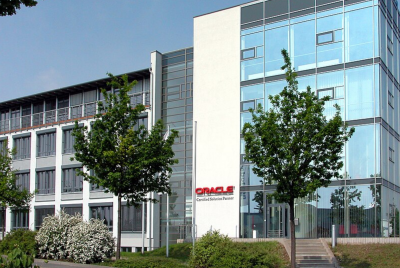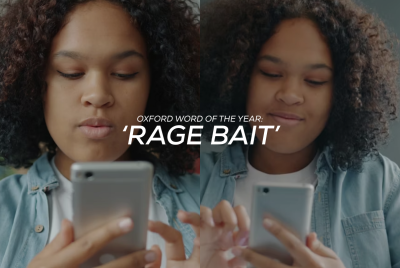EdTech Giant Chegg Slashes 45% of Workforce as AI Upends Business — But Its Stock Still Struggles
Once an edtech leader, Chegg now fights to stay relevant in the age of AI

Education technology firm Chegg is undergoing one of the biggest shake-ups in its history, announcing plans to cut 45% of its global workforce as artificial intelligence transforms the way students learn and study.
The drastic move comes as the California-based company struggles to stay afloat amid the rise of free AI homework tools such as ChatGPT, which have rapidly eroded demand for its paid tutoring and study-help services.
Despite sweeping restructuring efforts and a string of leadership changes, Chegg's share price has remained stubbornly low, prompting growing concern among investors about whether the one-time edtech darling can survive the AI revolution.
Once a pioneer in textbook rentals and online tutoring, Chegg rose to prominence as the go-to platform for students seeking academic assistance.
But in the post-ChatGPT era, the company's subscription-based model has struggled to compete with instant, cost-free alternatives that now dominate the learning landscape.
Mass Layoffs and Cost-Cutting Measures
The Santa Clara-based company announced that around 388 employees will lose their jobs worldwide as part of an aggressive cost-cutting plan. The layoffs, which follow an earlier 22% workforce reduction in May 2025, are designed to align Chegg's operations with what management calls 'the new realities of AI'.
Chegg said the restructuring will incur charges between $15 million and $19 million (£11.2 million to £14.2 million) in the first quarter of 2026, with an additional $12 million to $16 million (£8.9 million to £11.9 million) expected by the end of the same year. The company has also closed several offices in the United States and Canada to reduce expenses.
Executives said these measures were necessary to protect profitability as the firm transitions away from its traditional study-help business, which has been eroded by artificial intelligence tools capable of generating instant solutions for students.
Leadership Shake-Up and Strategic Review
As part of the overhaul, Chegg reinstated veteran executive Dan Rosensweig as President and Chief Executive Officer. He replaces Nathan Schultz, who will remain as an Executive Adviser. The leadership change came after Chegg concluded a months-long strategic review that explored options such as a sale or merger.
Ultimately, the board decided to keep Chegg as a standalone public company, stating that independence would allow it to maximise shareholder value while restructuring its operations.
Following the announcement, the company confirmed that Executive Chairman Dan Rosensweig would return as President and Chief Executive Officer, with Nathan Schultz transitioning to Executive Adviser. Chegg said the restructuring aims to better align its business with current market conditions and reduce costs amid ongoing AI disruption.
Stock Price Struggles Despite Overhaul — What Do Predictions Say?
Chegg's share price briefly climbed following the announcement of layoffs and restructuring but remains nearly 19% lower than it was a year ago. The company's latest quarterly earnings showed revenue of $121.4 million, down roughly 30% from the previous year, while subscriber numbers fell by around 31%.
Despite renewed attention after the cuts, analysts have yet to issue updated forecasts or target-price predictions for Chegg. Many cite continued uncertainty about how the company will rebuild its subscriber base and stabilise revenue. Without clear guidance from leadership or consistent earnings growth, investors remain hesitant to project a recovery timeline.
Market observers describe current sentiment as 'cautiously negative', noting that the November 2025 earnings report will be critical for assessing whether Chegg's restructuring plan can restore confidence.
While formal stock price predictions are not yet available, the consensus among analysts is that the company's turnaround will depend heavily on the success of its shift toward AI-focused learning.
© Copyright IBTimes 2025. All rights reserved.





















